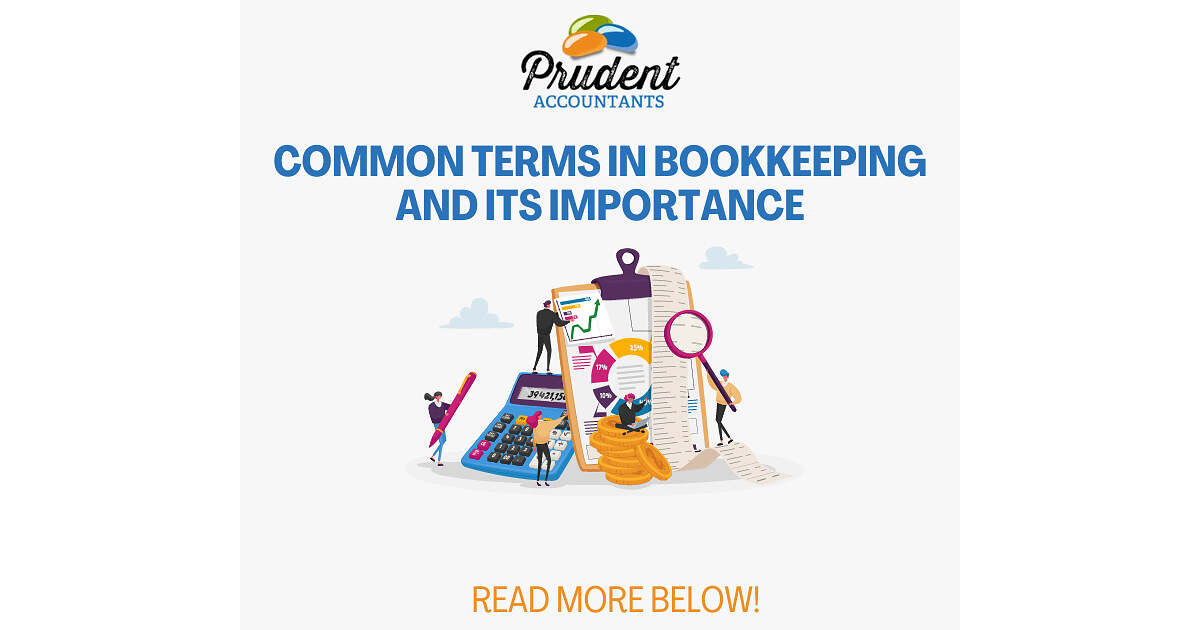Common Terms in Bookkeeping and Its Importance

Bank Reconciliation:
Maintaining accurate Bookkeeping financial records is very important when doing business. After all, decisions are made on those numbers. And a big part of getting those figures? Bank Reconciliation.
In this brief article, we’ll cover what bank reconciliation means, why it’s important, and how it’s done.
What does bank Reconciliation mean?
Bank reconciliation is the process of ensuring that the information in your accounting records is the same as the transactions in your bank account.
Opening and closing balances must match, along with all transactions in between
In theory, it is a simple idea, but it is easy to make mistakes if you are not careful, that is why bank reconciliation is always better to do on a regular basis. It saves you from having to check out the correct transactions throughout the year in one go, or one that requires breaking up old mistakes!
Why is bank reconciliation important?
Having things done in your bank account that is not in your accounting system gives a wrong picture of how much money you have in the bank. This can get you paying the wrong tax rate. Ouch!
Increasing or missing additions make things more difficult when it comes time to make your taxes. The low reporting benefit leads to a world of IRS distress, even if you didn’t do it on purpose. You can end up on the wrong side of the maximum fine.
If, on the other hand, you add more, or even double, that is done, you can end up paying more tax than you should because of your income calculations are wrong.
How do you reconcile bank records?
The first step is to get a list of transactions from your bank accounts. Then extract your bookkeeping records, showing all your income and outgoing cash.
This can be performed in a spreadsheet, where the following activity will be performed: Go through each transaction in your bank account, and confirm that there is a record on your bookkeeping. Check the transaction amount, transaction dates, and whether it is income or expense.
Alternatively, you can use bookkeeping software (like in the Prudent Accountants, we are using Quick books & Drake). If so, bank transactions can be entered into the software using either a bank feed (can be done manually or uploading files) or a file exchange, which makes identification of the differences much easier.
You can also set Bank Rules to match transactions with receipts by default! We are accountants, so we find ways to save time and reduce mistakes.
At the Prudent Accountants, we have a specialized bank a reconciliation team that can help you to solve your problems efficiently.
With this being such a difficult time and hard to plan for, it’s going to take some adjustment and patience on to get through it. Find out how our accountancy and tax services can help you keep things running more smoothly.








